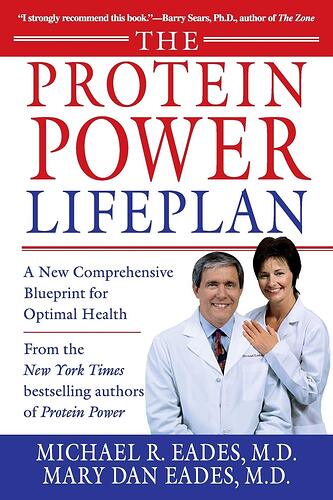but still not evidence that T2D can be cured.
We need to get our brains in gear. There are various kinds of diseases, diseases from various origins, various pathogens, defective genes, microbes and viruses, accidents, and lifestyles. T2D is a lifestyle disease. Improve lifestyle and it goes into remission. Worsen lifestyle and it comes back. T2D cannot be cured like some other kinds of disease can. The statement “but still not evidence that T2D can be cured” is a meaningless statement.
BTW, the greatest medical advances have not been cures but prevention which creates a huge economic conundrum, preventing a disease is not nearly as profitable as life long treatment of “incurable” conditions. Individual doctors might like to cure patients but the MBAs at the Healthcare Industrial Complex have other goals uppermost in their minds.
Corn flakes is a good example of deviant thinking…
Kellogg was a Seventh-day Adventist until mid-life, and gained fame while being the chief medical officer of the Battle Creek Sanitarium, which was owned and operated by the Seventh-day Adventist Church. The sanitarium was operated based on the church’s health principles. Adventists believe in promoting a vegetarian diet, abstinence from alcohol and tobacco, and a regimen of exercise, all of which Kellogg followed. He is remembered as an advocate of vegetarianism[35] and wrote in favor of it, even after leaving the Adventist Church.[36] His dietary advice in the late 19th century discouraged meat-eating, but not emphatically so. His development of a bland diet was driven in part by the Adventist goal of reducing sexual stimulation.[37]
John Harvey Kellogg - Wikipedia.
One thing led to another, from fairly harmless corn to GMO and hybridized corn to high fructose corn syrup to Metformin and other moneymakers for the Healthcare Industrial Complex. A beautiful example of the path to Hell being paved by good intentions.
The current problem is that once a credo [meme] is institutionalized it is hard to give up. Going back to Dr. Roy Taylor of the University of Newcastle let’s do some logical thinking.
Body fat has a vital function, to store energy for times of famine. Hibernating bears and camels are great examples. Accumulating fat does not make them sick, it helps them survive. It was just as true for humans until humans developed unending streams of high calorie, addictive foods. Humans overwhelmed the energy storage capacity of the fat cells designed for the purpose. The body had to find other places to store the excess, visceral fat, fatty liver and fatty pancreas. It just so happens that the liver and the pancreas are two main organs for regulating digestion and metabolic health.
If the above is true then it should not come as a surprise that as soon as the liver and the pancreas are rid of their excess fat they can go back to doing their job properly, no matter how much fat is stored elsewhere.
The Non-Medical Captain




